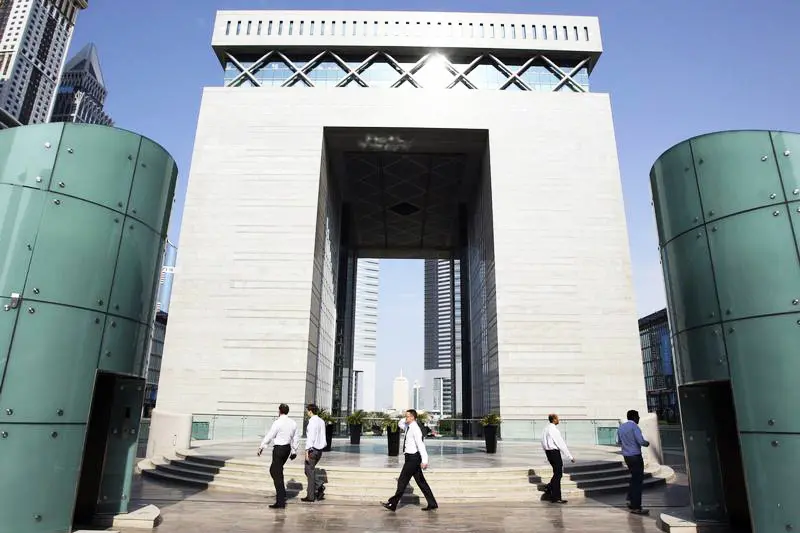PHOTO
Monday, Jun 01, 2015
Dubai: When the Dubai International Financial Centre launched its Wills and Probate Registry on May 1, Cynthia Trench, a lawyer from Hong Kong, rushed to make and register her own will.
She was one of the first to take advantage of the registry, which allows non-Muslims to register their wills, which allows them to transfer their assets as they wish upon their death.
“I immediately rushed and made my own will… The DIFC was fantastic and allowed me to register it on the first day of May,” Cynthia Trench told Gulf News.
Cynthia, who is a principal at Trench & Associates law firm, which specialises in corporate, property and construction business sectors, has a “passion” for inheritance matters, she said.
She has been advising clients on wills and succession planning for over 20 years, and was among a working group to review the drafting of the Rules of the Wills and Probate Registry (“WPR”). Dubai’s law was drafted after studying several examples in other countries, including Malaysia, Singapore, England and Lebanon, said Cynthia.
While praising the Dubai government initiative to launch the new law, she explained that “desire has been always there to protect the interests of everyone, not just the expatriates.”
“Everyone is suffering when they have a death in the family, whether they are locals, foreigners, Muslims, Arabs, everyone…,” she said.
Sharia sets fixed regulations to distribute inheritance among family members, namely parents, spouses and children.
Before the new inheritance law enforcements, lawyers said, judges at the court of first instance would apply Sharia to non-Muslims in case of death, since courts didn’t recognise wills from outside the country.
When expatriates wanted to apply their home laws, “They have to appeal at the court of appeals and the court of cassation,” said Cynthia.
This would take a lot of time and money to be settled; up to two years and up to nearly Dh60,000 paid to lawyers. However, with the new Will and Probate Registry law, expatriates are becoming more aware of the importance of planning their succession, said Anne-Caroline Albrecht, Attorney at Bonnard Lawson in Dubai.
“In my practice, most of our clients ignored that, despite the fact that they are non-Muslim and Sharia law applies to their UAE succession if they don’t express it differently in a will. And most importantly, a lot of parents had never thought about what would happen to their minor children if they both pass away. They have to designate guardians [who are] allowed to care for their children in Dubai or leave the country with them. If not, the children might stay in custody of a local social care during a long procedure before allowing grand-parents or other family members or relatives to obtain guardianship,” she added.
But the situation has changed with the new law, she noted. All non-Muslim expatriates will benefit from the new Will registry at DIFC. However, there are two categories that won’t; they are the expatriates living outside Dubai and the expatriates whose home countries’ laws determine how their assets will be divided, added Anne-Caroline to Gulf News.
The new law has shortened the time frame needed to settle the distribution of assets and wealth of a deceased expatriate to a few months. It also decreased the amount of money paid to settle the inheritance.
The cost of the registration of a will in the UAE to be notarised at the Dubai Court is Dh2,110, not including Arabic translation fees. The DIFC will charge Dh10,000 and 15,000 for two mirror wills for spouses. A will specifically for guardianship costs Dh5,000, and the cost for two mirror wills for two parents is Dh7,500.
By Jumana Al Tamimi Associate Editor
Gulf News 2015. All rights reserved.





















